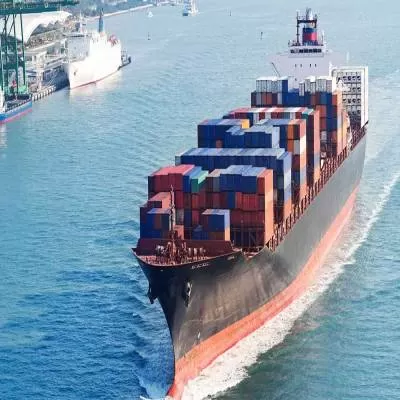

The Indian government has approved the Merchant Shipping Bill, 2024, aiming to broaden vessel ownership eligibility for Indian registration and allow the registration of ships chartered on a bareboat charter-cum-demise (BBCD) basis. This move is intended to boost India’s shipping tonnage and increase its share in international trade.
Under the proposed law, an Indian vessel can be owned by Indian citisens, Non-Resident Indians (NRIs), Overseas Citizens of India (OCIs), Indian-registered companies, and other entities designated by the government. This widens the current ownership criteria, allowing vessels that are "substantially owned" by Indian entities, NRIs, OCIs, and LLPs to register under the Indian flag.
Previously, only ships wholly owned by Indian entities could be registered. By shifting ownership eligibility rules into regulatory frameworks, the Ministry of Ports, Shipping and Waterways can modify criteria as needed without legislative amendments.
The Bill also addresses the BBCD method, where a ship can be acquired by paying a partial amount upfront, with the remainder financed over time. Currently, vessels on BBCD can switch to an Indian flag only after the final payment. The new law will allow registration before full payment, facilitating earlier Indian flagging.
Additional provisions include simplified compliance and digital processes, such as electronic registration, licenses, and records. This aligns with the government’s aim to promote ease of business and support domestic shipping, as announced by Finance Minister Nirmala Sitharaman in the 2024 Budget.
India, which currently ranks 18th in global ship ownership, pays substantial freight costs to foreign shipping firms due to a low share of Indian-flagged cargo vessels, dropping from 40.7% in 1988 to just 5.4% in 2022. The reliance on foreign ships has led to significant foreign exchange outflows and heightened risks during geopolitical crises.
The Bill’s reforms aim to build a resilient national fleet, making India’s shipping industry self-reliant, strengthening its global position, and enhancing transport services’ contribution to exports. Developing a robust national fleet is estimated to require an investment of Rs 55 lakh crore under the Maritime Amrit Kaal 2047 Vision, which seeks to reduce dependence on foreign ships and mitigate supply chain disruptions. (ET)